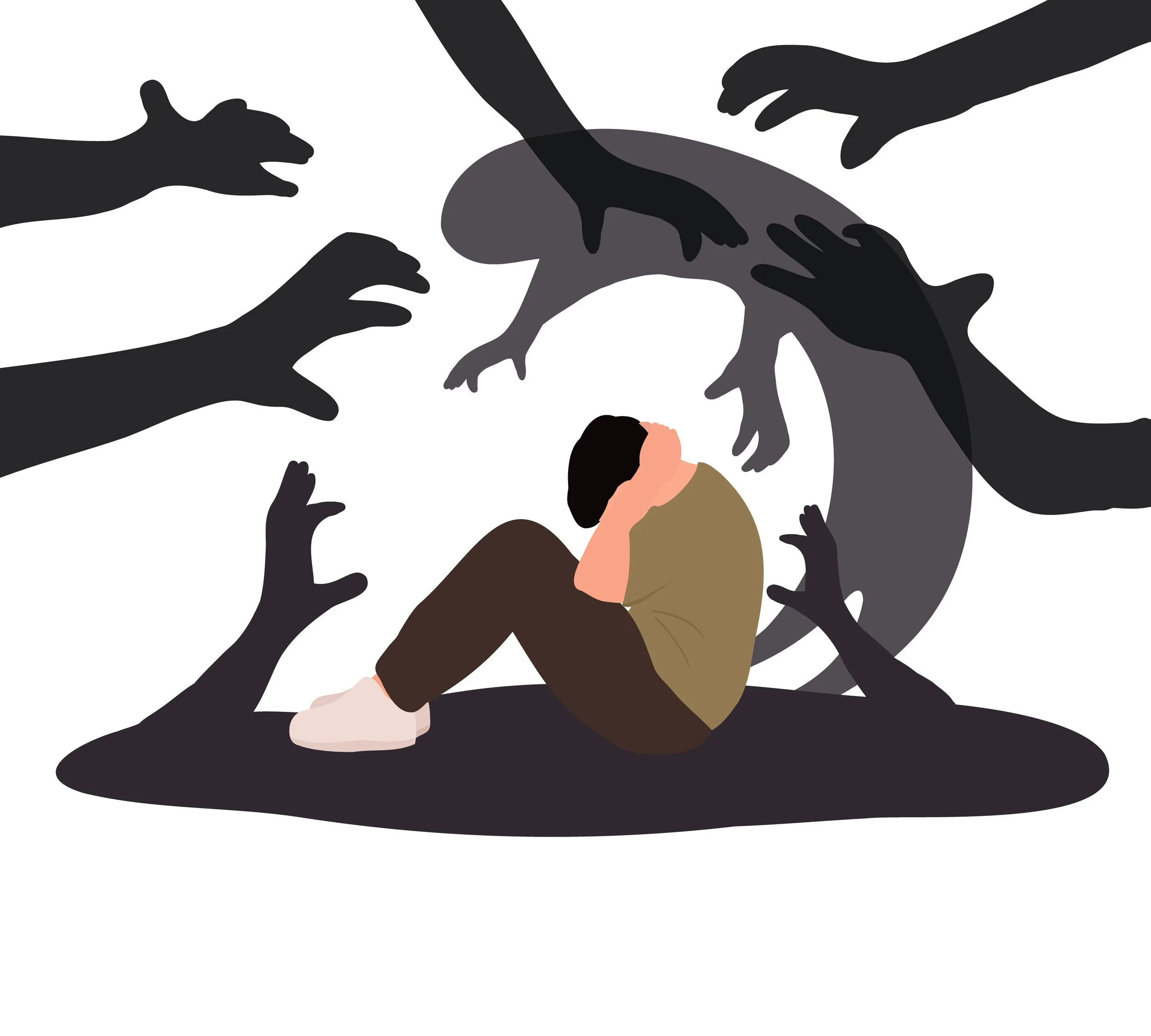
Famous People with Posttraumatic Stress Disorder
This article highlights that Post-Traumatic Stress Disorder (PTSD) is a widespread mental health condition that impacts individuals from all walks of life, including numerous famous personalities. It emphasizes that fame and success offer no immunity to the effects of trauma. The piece names several celebrities and musicians who have bravely shared their personal battles with PTSD, such as Lady Gaga, who spoke about sexual assault trauma; Dwayne "The Rock" Johnson, discussing the emotional toll of career changes; Morgan Freeman, sharing the impact of a severe car accident; and Rita Ora, detailing trauma from filming. Musicians like Kerry Katona, Jay-Z (discussing childhood trauma), Johnny Depp (difficult childhood and life events), and the late Chris Cornell are also mentioned for their openness regarding trauma and mental health struggles. The article posits that the willingness of these public figures to discuss their PTSD helps reduce stigma and offers hope to others struggling, demonstrating that recovery is indeed possible with appropriate support and treatment. A significant portion of the article is dedicated to explaining how PTSD is formally diagnosed by qualified mental health professionals. It details the process beginning with a clinical assessment, gathering comprehensive patient history and symptoms, and then evaluating against the specific criteria outlined in the Diagnostic and Statistical Manual of Mental Disorders (DSM-5). These crucial diagnostic criteria include the presence of intrusive thoughts (flashbacks, nightmares), avoidance of trauma reminders, negative changes in mood or thoughts (guilt, shame, difficulty with positive emotions), and heightened arousal symptoms (irritability, insomnia, being easily startled). The symptoms must persist for over a month and cause significant distress or impairment in daily functioning. The diagnostic process may also involve psychological testing and, importantly, the exclusion of other mental health conditions whose symptoms might overlap with PTSD. The conclusion reinforces the article's message that PTSD affects everyone, regardless of status, and underscores the importance of recognizing symptoms and seeking professional help for diagnosis and recovery.
Overcoming PTSD: Luxury Treatment and Recovery
PTSD is a serious mental health condition that can develop after traumatic experiences such as violence, accidents, or long-term stress. But can PTSD go away completely—or is it a lifelong condition? This article explores how PTSD manifests, how long it typically lasts, and what treatments are available. With insights on therapy, medications, and alternative healing methods, readers will gain a clearer understanding of PTSD’s impact and the possibilities for recovery and hope.
What to Do When Someone with PTSD Pushes You Away
PTSD can deeply affect relationships, often leading the person suffering to emotionally withdraw or push their partner away. This reaction can be confusing and painful, but it’s typically rooted in a need for emotional safety—not a lack of love. This article explores why people with PTSD may distance themselves, how to navigate emotional boundaries, and effective strategies to support both your partner and your relationship. Learn how to communicate with empathy, foster a safe environment, and encourage healing without pressure.
Understanding the Importance of Mental Health
Mental health is vital to overall well-being, influencing how individuals think, feel, and act. Understanding why mental health is important and promoting awareness can lead to stronger relationships, improved productivity, and better quality of life.
Exploring PTSD Statistics, Facts & Recovery
Post-Traumatic Stress Disorder (PTSD) affects millions of people worldwide, stemming from traumatic experiences such as combat, abuse, and disasters. Learn about key PTSD statistics, symptoms, and effective treatment options.
Shedding Light on Depression Awareness Month
October is Depression Awareness Month, a time to highlight mental health, reduce stigma, and encourage those struggling to seek help. From advocacy to education, this month empowers individuals and communities to support mental wellness. Luxury rehab centers offer tailored treatments, providing a path to recovery in a nurturing environment.
Understanding Depression Triggers: Exploring Solutions
Depression can be triggered by various factors, including stressful life events, trauma, biological imbalances, and social challenges. Understanding these triggers is essential for prevention and effective treatment. From financial stress to PTSD, identifying what causes depression can help individuals manage their mental health. Luxury rehab centers provide a holistic approach, offering tailored therapy, mindfulness practices, and premium care for those seeking recovery in a private, supportive environment.
Bipolar Thinking: Dual Perspective & Strategies
Bipolar disorder is a complex condition characterised by mood swings ranging from depressive lows to manic highs. These shifts impact how individuals think, feel, and interact with others. While those with bipolar disorder may seem “normal” during stable periods, their cognitive patterns often reveal unique challenges. This article explores how bipolar individuals think, their self-awareness, and strategies to support them, including how to convince a bipolar person to get help.
Understanding Somatic Narcissism: Signs and Symptoms
Somatic narcissism is a form of narcissistic personality disorder where self-worth is centered on physical appearance, health, and bodily sensations. This behavior impacts relationships and professional environments, leading to constant validation-seeking and emotional manipulation. Understanding the signs, symptoms, and treatment options can help navigate interactions with somatic narcissists effectively.









